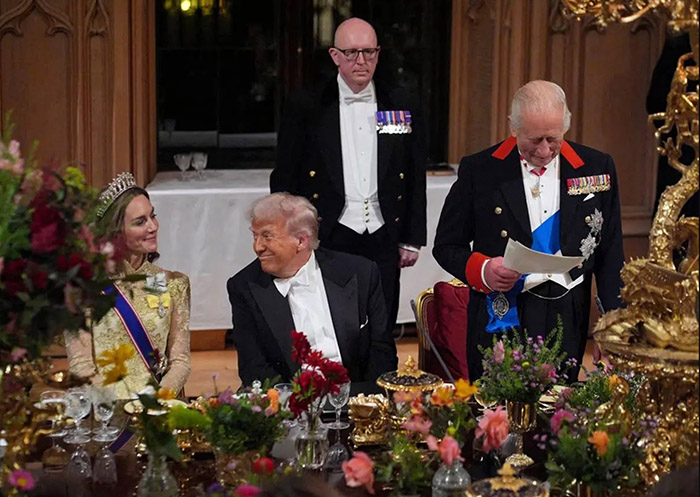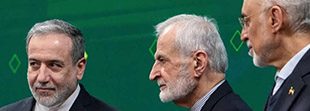Yet Starmer also faces pressure from his party’s progressive wing, from European allies, and from global opinion to adopt a more independent stance on contentious issues. Nowhere is this more visible than in the question of Palestine. Britain is preparing to recognize Palestinian statehood, a step Trump has opposed. Starmer’s ability to manage this divergence without jeopardizing broader cooperation with Washington will test his diplomatic skills.
The Joint Press Conference at Chequers
The highlight of Trump’s and Starmer’s political engagements came during a joint press conference in one of Chequers’ grand state rooms. Standing against the backdrop of Tudor woodwork and English countryside, the two leaders projected unity while carefully sidestepping potential pitfalls.
Trump opened by praising the “unbreakable bond” between America and Britain, calling the relationship “priceless.” He declared that under his leadership, the ties between the two governments were “closer than ever before.” For Trump, who often emphasizes personal chemistry with foreign leaders, the optics of warmth and camaraderie were essential.
Starmer echoed these sentiments, describing the visit as a reaffirmation of transatlantic friendship. Yet beneath the diplomatic niceties, journalists pressed both leaders on their differences.

